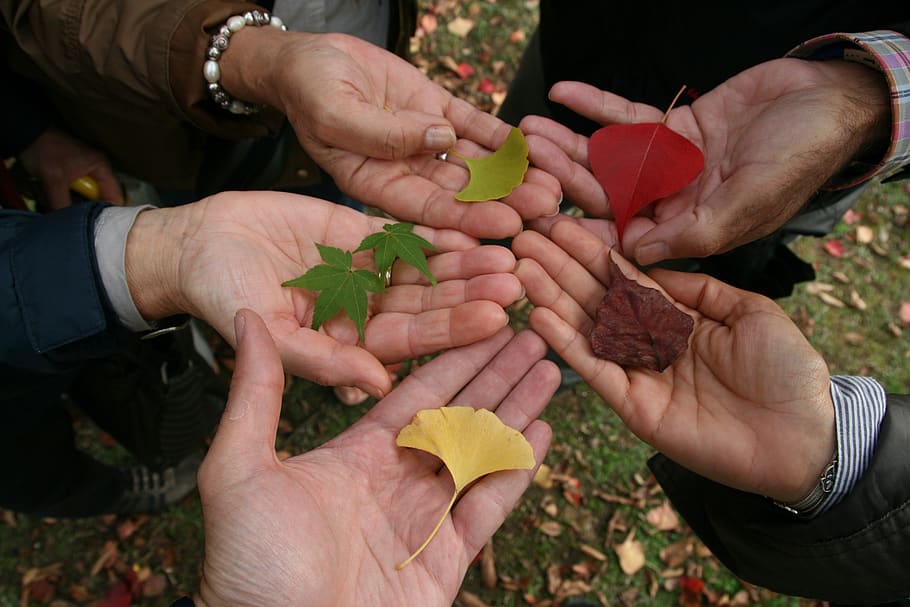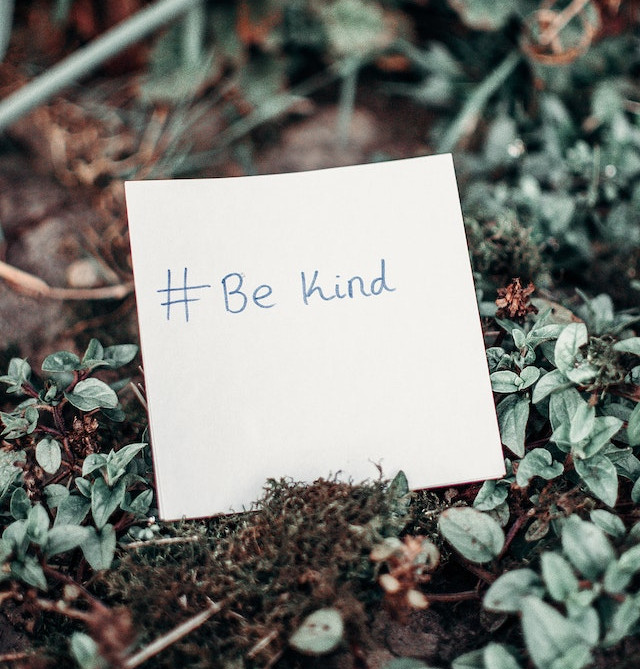We don’t commonly use the word “forbearance” in daily conversation. The meaning has been mostly relegated to the world of finance to mean giving others a break instead of demanding immediate payment. In everyday life, forbearance means to show restraint and to be tolerant and patient even when you consider you have been wronged.
We can show forbearance to those we care about – our friends and loved ones – by being a good listener. Do we approach a conversation with our mind already made up on a particular issue? Do we feel justified in proving or defending our position? Or can we show restraint and listen with an open mind to the other person’s point of view? To show forbearance in this way can be very challenging when we care a lot about the other person and are convinced that we know what is best for them. We need to remember that there are always three sides to any issue – yours, the other person’s and the right one.

How can we be certain about what others need to experience? Everyone is a unique soul with their own defined path to follow. Each person needs to learn the lessons they need to learn in their own way. We have no right to interfere with another soul’s path to self awareness even though we may not agree with it. It’s their path, not ours. We need to remember and to respect the fact that everyone has free will and everyone is here to learn certain lessons. How can you possibly know what another person has come to learn through their experiences? It is not our business to know.
We can show kindness and caring for those we love by being there for them when they ask for support. We can be immensely generous and forbearing by just allowing friends and loved ones to be who they are, rather than trying to steer them in the direction we think they should go.

We also need to remember that we cannot give to others what we do not have ourselves. If we can cultivate patience with our own missteps we can display the same patience with others. Being tolerant of our own foibles helps us be more tolerant of others’ idiosyncrasies. One way that we can have more forbearance with ourselves is to really listen to how we genuinely feel about our experiences rather than to what we have become accustomed to thinking about them – ie. judging them. Remember that we are here to learn, not to do things perfectly at all times.
To have forbearance – to be patient, kind and understanding of others – we need to be patient, kind and understanding of ourselves.

